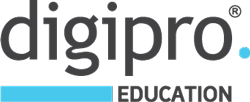Redesign Small Organisations for Agility, Productivity and Continuous Innovation

Instructor
-
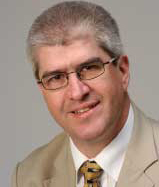 Philippe LeliaertConsultant/Coach/Trainer
Philippe LeliaertConsultant/Coach/TrainerDr. Philippe Leliaert is an associate consultant of Ackinas bvba (management consulting group specialising in Process Performance, eLearning and Intellectual Capital Management); senior Organisational Effectiveness Consultant at The Sinclair Group (US-based consulting group specialising in Operational Excellence), senior consultant and member of the Advisory Board at ContentAdvisors (consulting group focused on Knowledge Management), Owner-manager of management consulting firm L-Consult bvba, and co-founder of the international consulting network Syntaxis Networking.
His consulting expertise focuses on organisational development & change as the industrial economy evolves into a knowledge-based economy. He provides management advice at both strategic and operational/implementation levels on the organisational impact of e-Business/the knowledge economy. He further advises on the development, introduction and management of knowledge processes (creativity & innovation; Communities of Practice) as the only sources of sustainable competitive advantage, and on the identification, measurement and management of Intellectual Capital value.
He is active in several European Networks of Excellence related to knowledge & intellectual capital management, including PRISM, NESKEY and KnowledgeBoard. He was recently a keynote speaker at the 5th European Conference on Intellectual Capital.
His client list includes, among others:
– Strategy formulation, development, and implementation (using amongst other the Balanced Scorecard model) at Belgacom (telecom operator), Union Minière (non-ferro metals), Siemens Building Technologies (security services), Xylos (IT & Training), BASF (petrochemicals), Ackinas (management consulting),
– process performance measurement & change management at Hays Logistics Europe (logistics), Mercedes-Benz Europa (automotive), Janssens Pharmaceutica and Medochemie Cyprus (pharmaceuticals), Mercator Group (insurance), HP Consulting Europe and BaaN Belgium (IT), Xylos (IT & Training), Telindus (ICT); Telenet Vlaanderen (telecom operator); Kone Europe (elevators); Ericsson Nanjing (electronics); Laiki Bank and Hellenic Bank (financial services)
– Knowledge & Intellectual Capital Management at ODG Toronto (consulting & Value Added Reseller), KBC bank and ING Carlease (financial services), Sharelink Nicosia (financial services), Leptos Cyprus (real estate), Bank of Cyprus and Hellenic Bank (financial services)
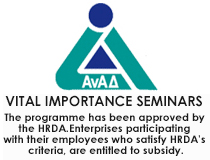
Date
- Oct 25 - 26 2021
- Expired!
Cost
- Fully Subsidized
Location
In order to cope with the fast-changing world, business owners and managers not only need business acumen but they also need to make informed decisions on which information and communication technologies to invest in, and when; on what resources they need to hire – or fire – to better serve new customer needs; on marketing and advertising campaigns, including social media, to catch current market trends, capture market share, and avoid being left behind by hungrier competitors.
Covid-19 has had – and continues to have – a major impact on all businesses, demonstrating with often devastating effect that we’re living in an increasingly VUCA (Volatile, Uncertain, Complex and Ambiguous) environment that demands a more pro-active rather than reactive style of management, lest the business will constantly be running behind the facts, desperately trying to ‘catch up’.
Especially in small enterprises and family-run businesses “the man/woman at the top” is most often expected to have all the requisite skills, to be able to make the right decisions in a timely fashion. But this is no longer reasonable nor realistic!
Small enterprises and family-run businesses need to transform into agile organisations that leverage not only the creativity and innovation capabilities of its members to their fullest potential, but also ensure flexibility and responsiveness to customers as well as trends in markets or technologies. And this includes being responsive to safety requirements and expectations, which in their own right may change frequently and rapidly as we have seen over the past 8 or so months.
Traditional top-down ways of managing organisations – whereby the management identify and decide what needs to be done, and then make sure their employees complete the work according to instructions and expectations – fail to appeal to the younger generations, the so-called millennials, who value opportunity more than loyalty. And this clearly includes government-imposed safety requirements/restrictions.
Without discounting the expertise and experience of those that have built businesses to where they are today, no business can survive without tapping into the needs and wants of these new generations – whether as employees or as customers!
Organisations around the world, both large and small, both for-profit and not-for-profit, start to embrace so-called Agile Organisation structures as an alternative to the traditional top-down, command-and-control hierarchical structures. Reputable – and successful – companies including ING, Haier, Decathlon, Zappos, and WL Gore prove that Agile Organisation is not but a fad for young upstarts. Instead, they see it as an essential step in their organisational development to ensure business sustainability.
In Agile teams and organisations, the role of the manager is instead to enable those doing the work to contribute their full talents and capabilities to generate value for customers and eliminate any impediments that may be getting in the way. The manager supports the judgment and wisdom of those in touch with customers as to what work needs to be done. The manager also trusts in the talents and capacities of those doing the work to figure out how to do the work in the right way. Agile is neither top-down nor bottom-up: it is outside-in. The focus is on delivering value to customers. The customer determines what gets done, not the manager!
This programme is aimed at all managers of small enterprises, and in particular owner-managers or general managers; and team leaders or supervisors of the tourism & hospitality, construction, property management and information, services, financial services sectors of Cyprus. This programme is tuned specifically to SMEs of less than 50 employees, addressing issues and providing examples that are particularly relevant to the participating businesses.
The programme addresses the challenges and, more to the point, the opportunities faced by service-focused and/or knowledge-intensive SME’s where the quality of service is often achieved at the cost of – or in spite of – poor, inefficient collaboration among and between different functional teams that is evident from tensions and conflicts, people “working in silos” and merely “doing what they’re told to do”.
The objective of this 2-day seminar is to empower participants with the necessary skills, tools and insights to redesign their organisations and teams, and develop their organisation’s capacity to cope in a fast-changing business environment where decisions tend to become ever more complex and open-ended, and have to be co-created by everyone involved (perhaps in particular under e.g. government-imposed restrictions like we currently face due to Covid-19).
The goal of the programme is to help small business owners and managers – particularly in the tourism & hospitality, construction & property management, and information & financial services sectors of Cyprus – develop and implement agile organisations that are capable of improving productivity while at the same time improving quality and speed of service to customers.
This will be achieved through a sequence of interactive exercises, simulations and games, in which the participants will learn a vernacular with which to change the mindsets, attitudes, and eventually the behaviours in their organisations, a change that is essential to achieving operational and organisational excellence.
For maximum impact, we propose a learning experience directly linked to participants’ cases, which will be collected prior to the seminar.
DAY 1: Participants will receive the basic insights and tools for a more agile leadership, which will allow them to already diagnose their own case or situation and prepare for the second day.
DAY 2: We go through participants’ cases and deep-dive in the skills required for each particular situation. We will also discuss a number of generally applicable tools and techniques for making teams and organisations more agile.
Recent Program Participants
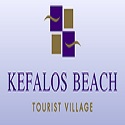
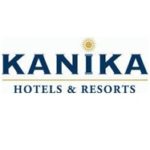
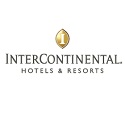


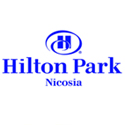
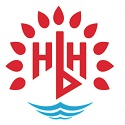
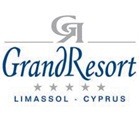


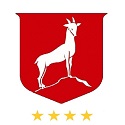
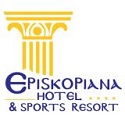
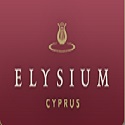
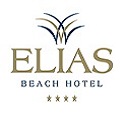

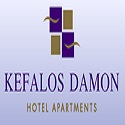
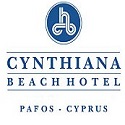
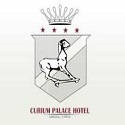
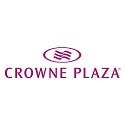
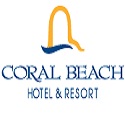



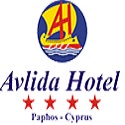
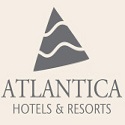
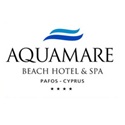



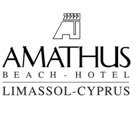


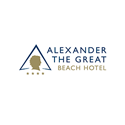
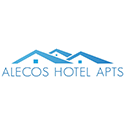
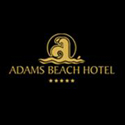
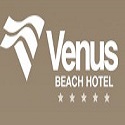
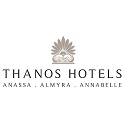
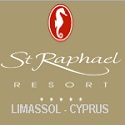

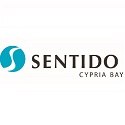
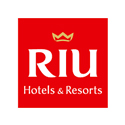

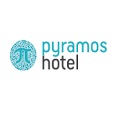
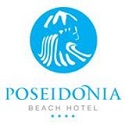
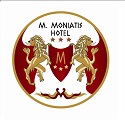



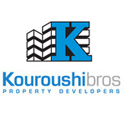
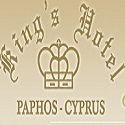
The event is finished.
Hourly Schedule
Day 1
- 8:00 - 9:15
- Introduction & Rules of Engagement
- 09:15 - 10:00
- Business Case Simulation – Part 1
- 10:00 - 10:15
- Coffee break
- 10:15 - 11:00
- Taking Time Out
- 11:00 - 12:45
- Business Case Simulation – Part 2
- 12:45 - 13:45
- Lunch
- 13:45 - 14:45
- Towards a Mindset for Organisational Excellence
- 14:45 - 15:00
- Coffee Break
- 15:00 - 16:15
- Seeing all sides of the tower
Day 2
- 7:45 - 9:45
- Recapitulation of first day & Introduction to Day 2
- 9:45 - 10:00
- Coffee Break
- 10:00 - 12:00
- Ladder of Leadership
- 12:00 - 13:00
- Team Models
- 13:00 - 14:00
- Lunch
- 14:15 - 15:15
- Agile Management Principles and Practices
- 15:00 - 15:15
- Coffee Break
- 15:15 - 16:15
- SCRUM Framework
Terms and Conditions
The above seminar is fully subsidized by HRDA on the condition that the following criteria is stringently adhered to:
1. Cameras and microphones must be open for the duration of the seminar.
2. Participation for the whole seminar must exceed 75%.
3. 1 device per person must be used.
4. You must ensure you check in punctually at the beginning of the seminar and check out at the end of each day.
5. You are obligated to participate in the follow up onsite 4 Hour visit and you must ensure you check in and check out promptly.
In the event the criteria is not fulfilled satisfactorily and you are rejected by HRDA, please note that you as an individual or your company will be liable to pay the participation fee of €1800.
Finally, please see our cancellation policy:
– Cancellations can be accepted up to 5 working days prior to the seminar without penalties. For any cancellations received after the deadline (or no-shows), the individual or company will be invoiced the full amount per participant.
– Substitutions can be accepted up to 2 working days prior to the seminar without penalties.

